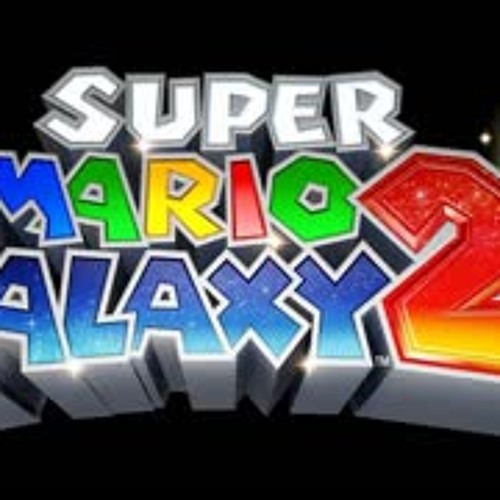

Another example is The Legend of Zelda: Symphony of the Goddesses, a worldwide concert in which the most famous songs of the Nintendo saga are re-orchestrated. As was the case with Distant Worlds: Music From Final Fantasy, a concert dedicated to the music of the Square-Enix series which also landed in Italy, in Milan, last May. The public gathers to listen to their compositions, torn from the confinement of the screen to be appreciated directly by the instruments of the orchestras. In this constant evolution, like the best known game designers, the names of the composers also emerge from the fog of anonymity to be celebrated: Jason Graves (Dead Space, Tomb Raider), Jesper Kyd (Assassin’s Creed), Jack Wall (Mass Effect), Jeremy Soule (The Elder Scrolls), Nobuo Uematsu (Final Fantasy), Koji Kondo (The Legend of Zelda), Jared Emerson-Johnson (some Telltale games like The Walking Dead and Sam & Max). The “old style” music is often the prerogative of independent games of small studios: from Cuphead to Axiom Verge through Shovel Knight, Abzu and Strafe. Often, composers are integrated into the development to create a synergy between what happens on the screen and the music, in a result that is sometimes unparalleled even in cinema.Īnd not just Western games like Tomb Raider, Mass Effect, Call of Duty or Assassin’s Creed also the various Super Mario and The Legend of Zelda, exponents of a more classic style, offer instrumental pieces, generally of great quality. There are many franchises that, chasing a more engaging 360-degree and narratively deeper experience, now require an equally significant musical presence. From the 8 and 16 bit notes of video games for NES, SEGA Mega Drive and Amiga, we have moved on to entire orchestras that offer their great experience and their instruments to composers of music for video games. Over the years the way of writing music for video games has changed.

Music Video games: music has changed – article


 0 kommentar(er)
0 kommentar(er)
